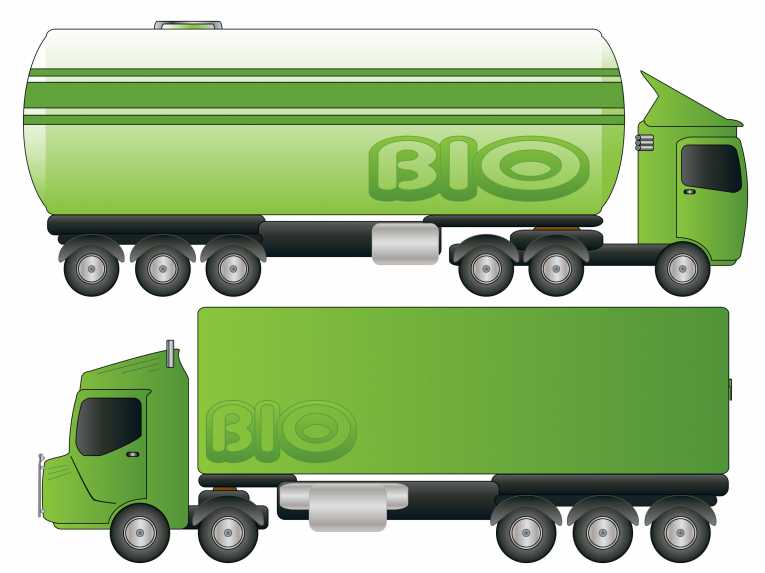A paper published in Science tomorrow outlines how the less-than-perfect natural process of photosynthesis could be boosted, by tackling areas of known deficiency. That could give plants being used for biofuels a leap forward - putting sustainable plant-based energy into the realms of reality.
When it comes to finding inspiration for novel technology solutions, turning to the natural world is often the first port of call - after all, mother (earth) knows best. And in trying to solve one of the biggest conundrums of the renewable energy quest - unlocking the vast and relentless power dispensed by the Sun - an obvious point of reference is the plant kingdom. That is where hundreds of millions of years of evolution have perfected the most efficient solar energy gathering devices on the planet - the humble leaf.
Except that modern research into the detailed dynamics of plant photosynthesis is showing us that, as far as harvesting the sun goes, evolution can result in some fairly kludgey solutions. That's the left-of-field suggestion coming from an article published in Science. It looks at where Mother Nature is going wrong - and how man can learn from those mistakes to improve the energy equation for biofuels.
This line of research may well be pivotal in deciding whether biofuels will ever be able to move from the back-of-the-class of renewable energy solutions to star performer. That's because improved plant photosynthesis means more stored sugars; and so more energy for the biofuel end-product. One of the starting points of this argument, put forward, by Robert Blankenship - a scientist researching photosynthesis at Washington University, St. Louis - is that, when it comes to storing solar energy, the cornfield is a long step behind the solar panel.
There are two main issues with plant photosynthesis, according to Blankenship and colleagues in the field - who kicked off the debate, following a 2009 workshop on the relative solar efficiency of plants. The first is that plants can only take up so much sun. Whilst the light-gathering 'antenna' molecules of the leaf can absorb sunlight very effectively, the back-end processing of that energy is sorely lacking.
That leads to plants 'dumping' up to 80% of incoming light, to avoid potentially damaging chemical reactions. Solar cells, by contrast, keep raising the power output as the sunlight input keeps rising. The second efficiency drag lies with an enzyme known as RuBisCO - Ribulose bisphosphate carboxylase-oxygenase. This molecule helps speed up the photosynthetic transformation of CO2 into complex sugars. The problem is that the RuBisCO enzyme also reacts with oxygen.
That can really stymie the whole 'sunlight to sugars' process in plant leafs. Oxygen is 500 times more common than CO2, and so can swamp it out of the reaction. Blankenship says that if RuBisCO ''reacts with oxygen, then it goes through a long, complicated and energy-expensive process called photo-respiration just to recover the carbon and get it back to the starting line.'' This diversion doesn't help the effectiveness of photosynthesis.
The article offers up hope that these problems can be worked around - with the right breeding program to make plants lean mean sun-gathering machines. But more controversially, the article also pushes genetic engineering and synthetic biology, as ways of fast-tracking the development of new 'super' biofuel plants of the future. Thomas A. Moore, coauthor of the paper, said ''These improvements to photosynthesis go beyond the incremental steps practiced since agriculture began thousands of years ago.''










